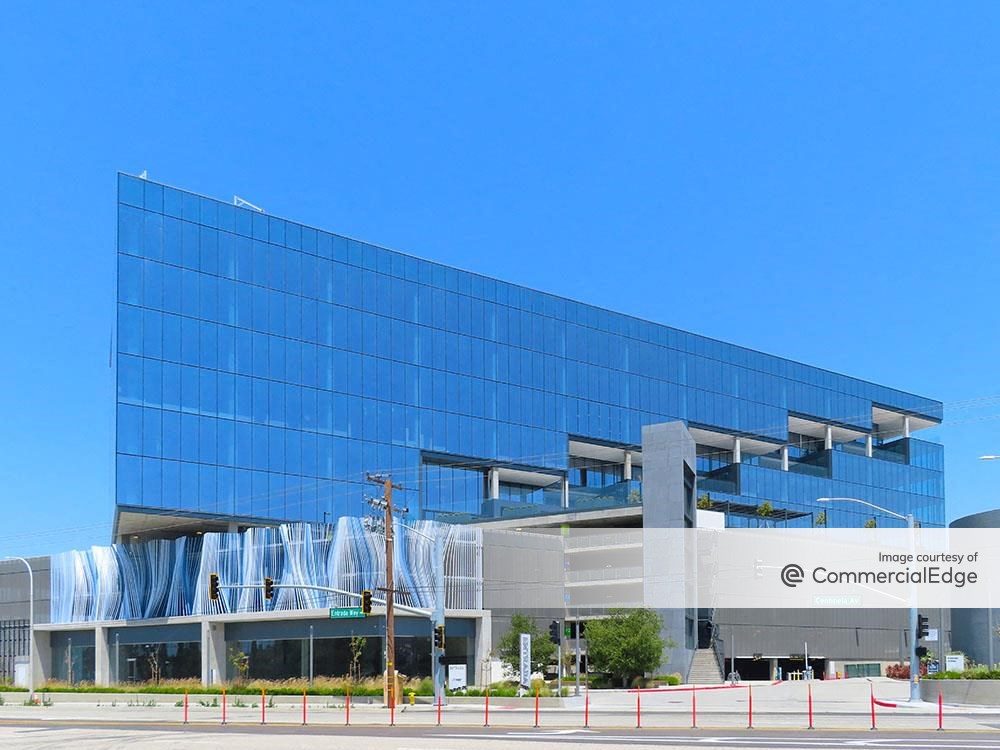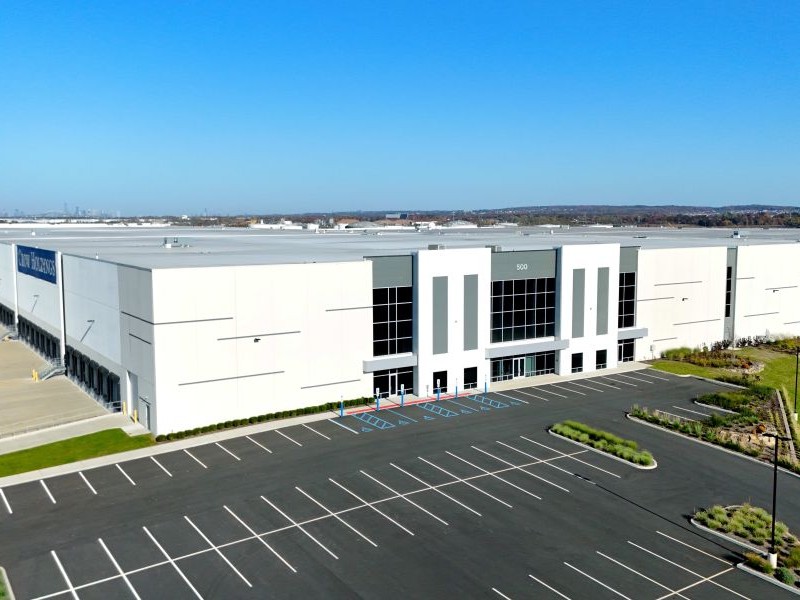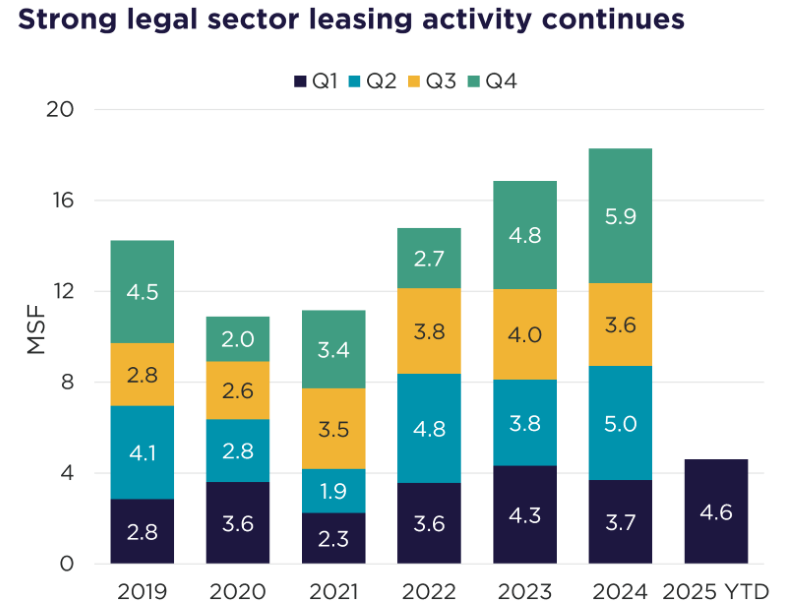Net Lease Remains a Viable Play in the Current Environment
Single-tenant assets offer a buffer against inflation, writes Ben Reinberg of Alliance Consolidated Group of Cos.

Ben Reinberg
Inflation rose to 7 percent in December, capping off the fastest 12-month inflationary period since 1982. While this means the cost of doing business is getting more expensive, shrewd real estate investors can hedge against these impacts. But can net lease be a part of that plan?
Inflation decreases the buying power of the U.S. dollar, eroding the value of savings and diminishing confidence in the future. In addition, inflation is often a determining factor in the Fed’s raising of interest rates—an action that is widely expected to occur multiple times this year. During high-inflationary times like these, investors typically spread out into hard assets like gold and real estate. Not only do they have a low correlation with fluctuations in the bond and stock markets, but they also tend to be insulated from inflation-related cost escalations, or in the case of real estate, at least in a position where those costs can be passed on to end users.
There are a few go-to real estate asset classes during times of inflation. Multifamily and self-storage are considered the safest bets, since the shorter lease terms provide an owner with the flexibility to increase rents in response to external factors. Right now, apartment landlords also have the added benefit of higher home costs and, thanks to supply chain disruption, a slower construction pipeline than in recent years, both of which have driven up demand for their product.
So, What About Net Lease?
When runaway inflation is not a concern, net lease retail properties are one of the most sought-after assets. Attracting users such as drugstores, banks and fast-food and fast-casual restaurants, these properties can command 10- or 15-year leases with investment-grade tenants, generating stable, predictable cash flow year after year.
Those long-term leases are an encumbrance during times of high inflation, however, and they preclude owners from raising rents in response to market conditions. Regardless, there are a few factors at play that should make even the most bearish investor take another look at this sector.
By their very nature, net lease properties, particularly those with triple-net-lease tenants in place, alleviate a lot of the risk carried by owners. Since NNN tenants are responsible for utility and maintenance costs, the tenant, not the owner, bears the brunt of inflationary pressures on those fronts.
One asset class to watch is net lease health care. Seeking better patient access and lower rents away from hospital campuses, the medical industry has been undergoing a “retailization” trend, with providers going out into neighborhoods where people live and work. Quite often, these users sign net leases within single-tenant, single-story buildings in retail corridors.
Because they are backed by large health systems and offer recession-resistant services—not always the case for net lease retail, which may be susceptible to changes in consumer spending—medical providers are among the most bankable tenants in the NNN space. In many cases, their leases include 2 percent or higher annual rent escalations, which can help act as a buffer against inflation.
Another consideration is there is almost always a high barrier to movement in the communities that health-care tenants target. For one thing, there is heavy competition with other medical providers seeking Main-and-Main locations. Additionally, while centrally located, retail-adjacent buildings provide better access to patients, these buildings can require costly upgrades to serve their specialized needs. In other words, the tenant is heavily invested in the real estate. For these reasons, when a lease does come up for renewal, it’s unlikely the provider will relocate, even if it means paying higher inflation-adjusted rents, because such a move would be cost prohibitive and disruptive to day-to-day operations.
The general consensus in the investment community is that the long-term leases associated with net lease real estate makes them attractive during stable periods but less appealing during times of inflation. There are still, however net lease opportunities out there in times such as these, particularly for investors willing to be a little creative in their dea lmaking.
Ben Reinberg is the CEO of Alliance Consolidated Group of Cos.







You must be logged in to post a comment.